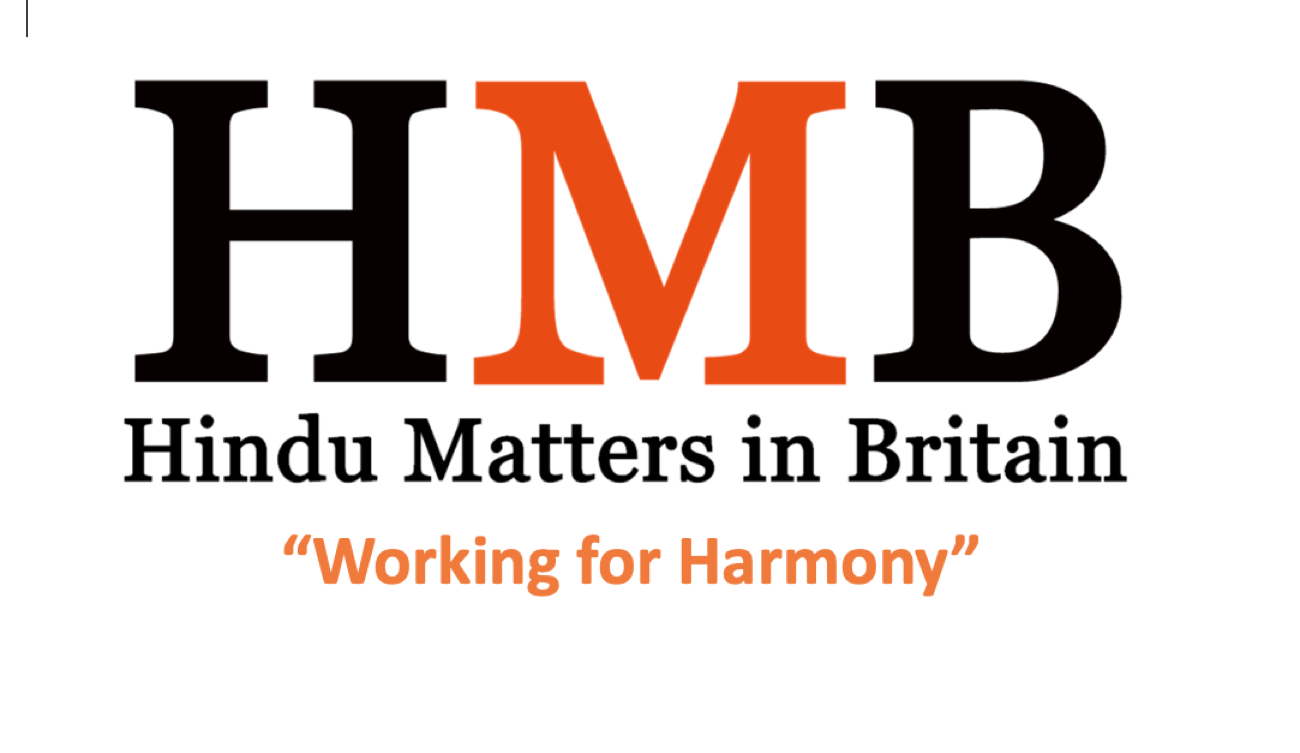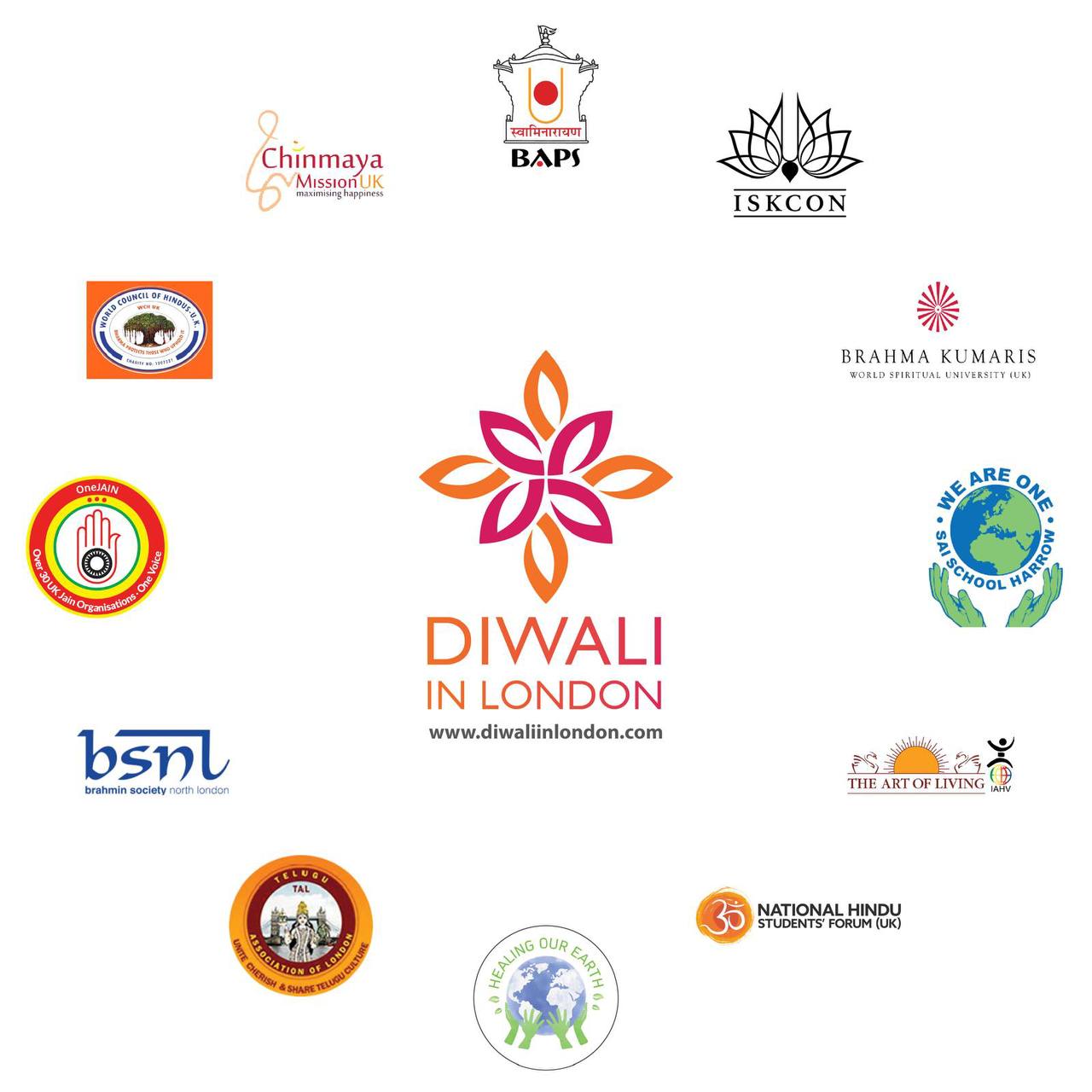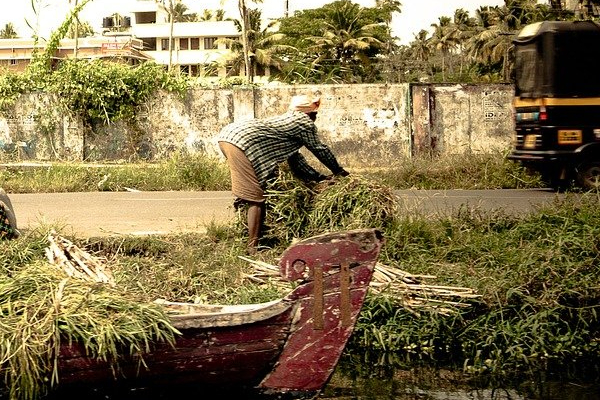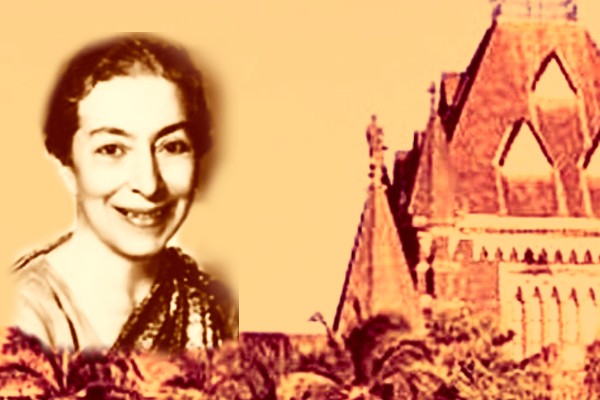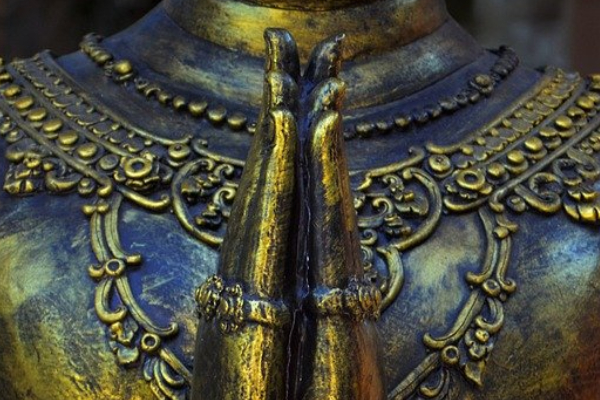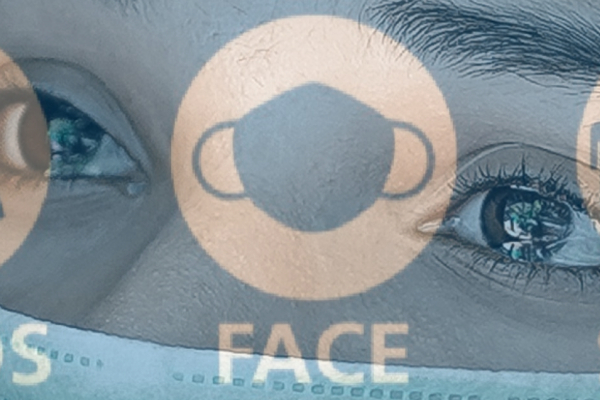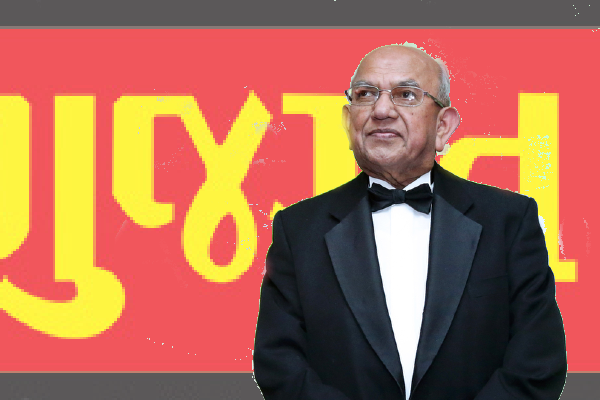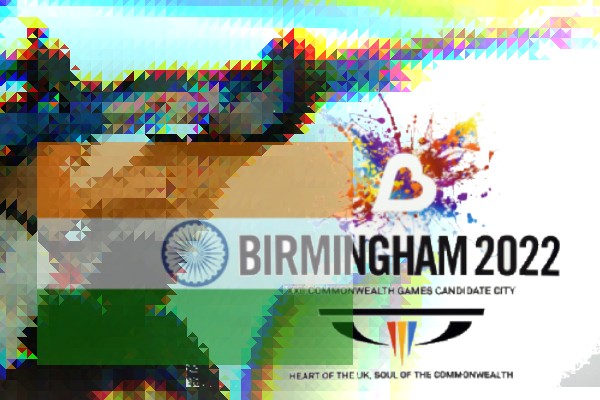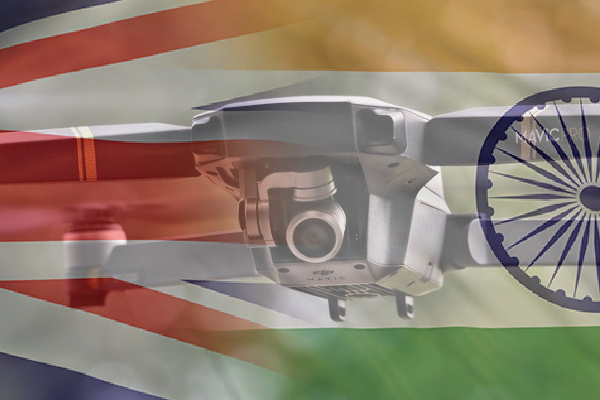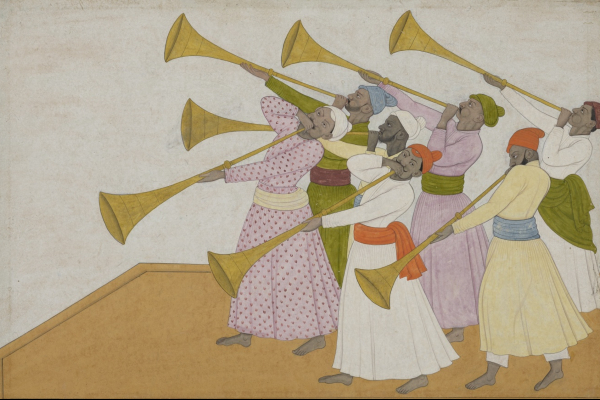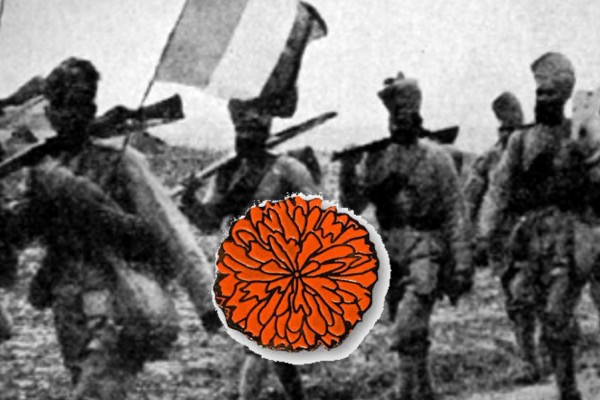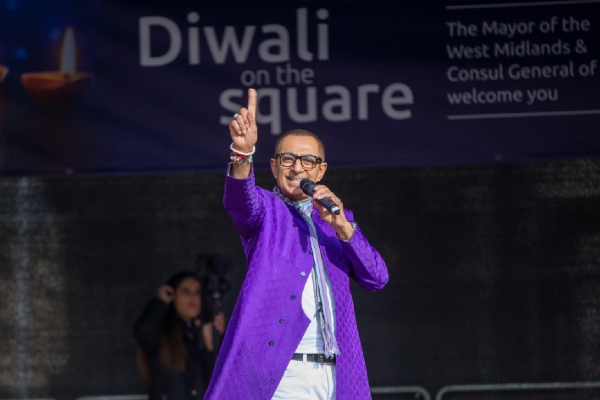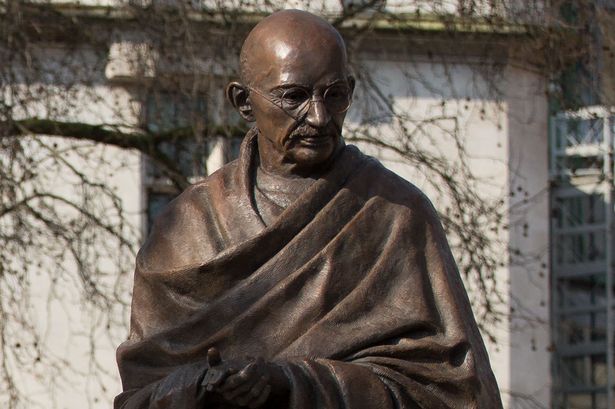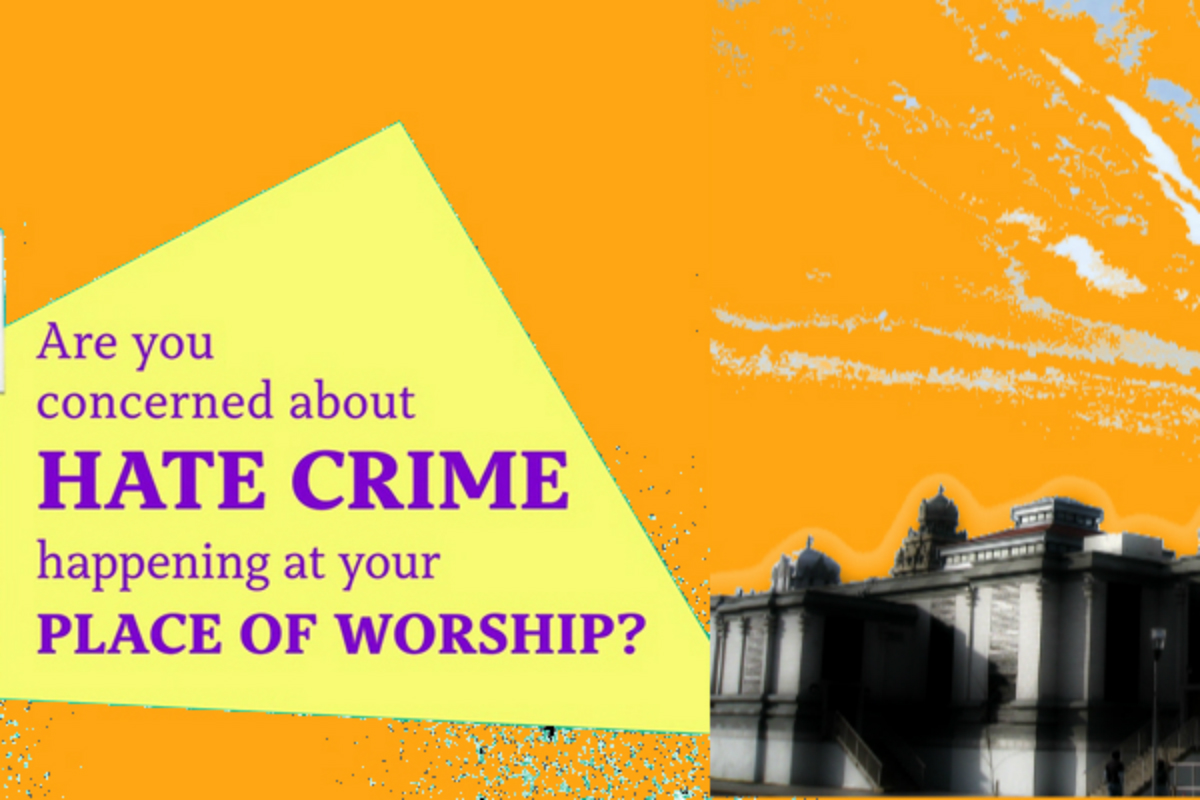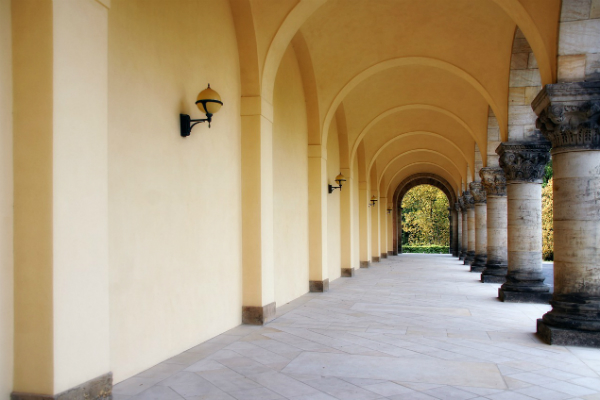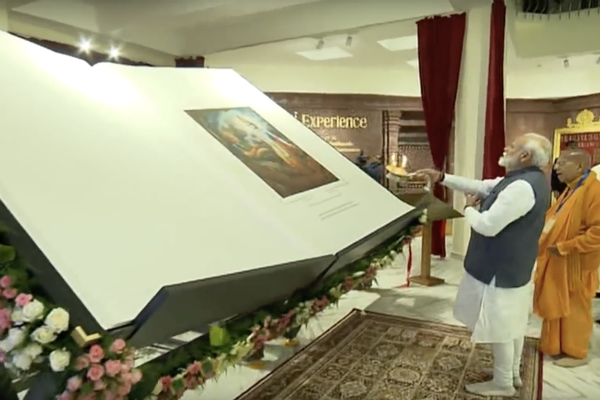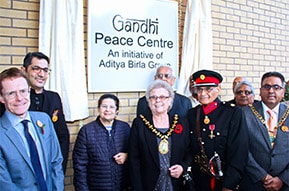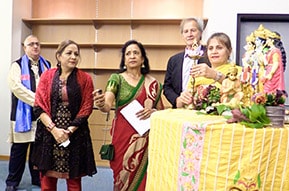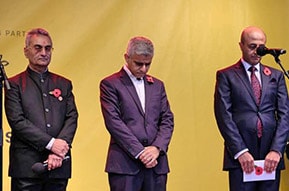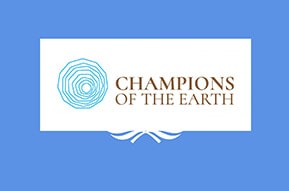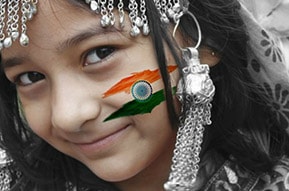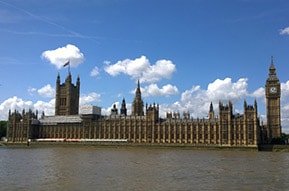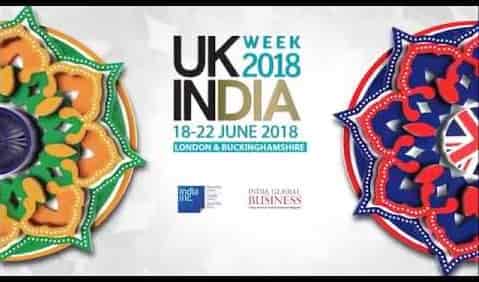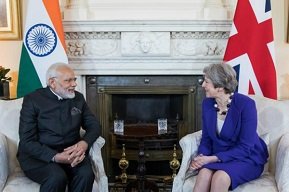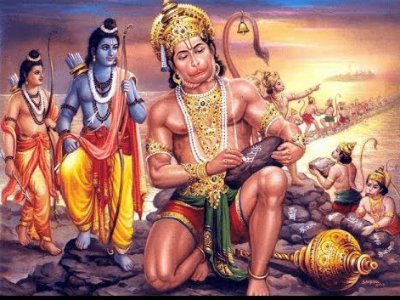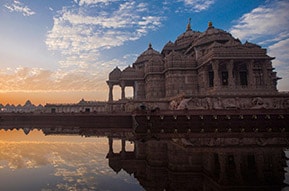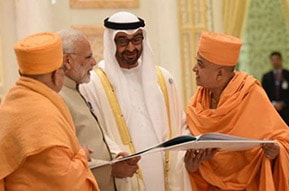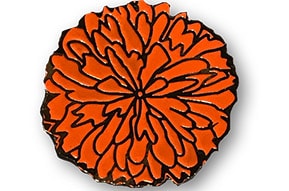The unpopular truth about caste
The term "race" can be defined as a distinct biological group of people who share inherited physical and cultural traits that are different from the shared traits in other races. By definition, therefore, race implies racial differences. No scientific basis exists for notions of racial differences as biological, genetically inherited differences. Race is a social construction. Race and racial differences do not really exist. Rather, they have a social reality—they exist within the context of culture and the environment. Ideas of race and meanings of racial differences are determined by people in their interactions and through the negotiation of the meaning of race in everyday situations, circumstances, and contexts.
There are several articles and books written on race and intelligence, race and genetics, racial differences. Ethnicity and race and more. Many scholars and historians have conveyed that the treatment and bullying of Hinduism in name of ‘caste system’ is unjustifiable. It is affirmed by authors that caste based prejudices and institutions are not wholly absent from social life outside India. There were hereditary cases of distinctions in Europe, maintained by law and order, which existed till recently. Oman J.C. adds in his book pg 63-64 ‘Europe has compelled men to keep, generation after generation, to the calling of their fathers without the option of change.” John Oman Campbell
Similar examples can be quoted from England & UK generally known as estates, endogamy (marriage only within same group) hereditary transmission of occupation, social status and political influence. Even the Parliament was organised on class basis- House of Lords representing the hereditary upper class, House of commons representing everyone else, and the British Monarch is usually viewed as being the at the top of the social class structure. (Cottagers, Husbandmen, Yeoman, Gentry/Gentleman, knight, Baronet, Peer (noble/Archbishop), Royal are some common distinctions used in UK).
A more striking European example of a compulsory hereditary calling, common enough in the Middle Ages and down to the last century in Russia, is that of the serfs bound to the soil from generation to generation. Then again there existed through long periods of European history, the institution of hereditary slavery, with all its abominations.” (Oman, p. 65)
Authors and writers - Oman, Dill, Ingram, and Weber have sufficient literature to prove that the caste system existed in Europe throughout the History. While caste system is India is less than 1000 years if at all it exist today.
May I ask caste or is it class, is only a problem in India/Nepal/Pakistan? Is it not a problem in other part of the World? Or is it that using ‘caste’ as a weapon, someone want to divide Hindus and Indians? Well, there is some one very much, with vested interest trying to create rifts among the Indians and divide them and this is being achieved by introducing a legislation on caste!
My brothers and sisters and my teenager friends, let us get together and make sure no one divides us. We in Britain know nothing about caste and we are all one community. With this in mind, let us make sure that the caste legislation is not implemented in UK. Your cooperation is the urgent requirement.
You may contact HFB – info@hfb.co.uk
Bibiliography
i) Caste and Race in India Fifth Edition G. S. Ghurye - Late of Professor Emeritus, University of Mumbai.
ii)Dill, Samuel, Roman Society from Nero to Marcus Aurelius, MacMillan and Co. Ltd., London, 1905.
iii)Edward Alsworth Ross Principles of Sociology 1920 and 1922 ED
iv)Ingram, John Kells, A History of Slavery and Serfdom, Adam and Charles Black, 1895.
v)Oman, John Campbell, ―Caste in India, in Brahmanas, Theists and Muslims of India, Republished Kessinger Publishing, 2003. First published by T. Fisher Unwin, London, 1907.
v)The Origin of the Hindu Caste System and Presence of Caste System in Other Societies of World
by Premendra Priyadarshi, MBBS, MD, FRCP Edinmail: top_doctors@hotmail.co.uk.
vi)Srinivasa M.N., Caste in Modern India, Media Promoters and Publishers PVT. LTD., Bombay. 1989, firstpublished 1962
vii)Weber, Max, ―India: The Brahman and the castes‖, in Weber, Gerth, and Turner, (Eds.),From MaxWeber: Essays in Sociology , Routledge, 1991. First published in 1921 in German as Part 3, Chapter 4of Wirtschaft und Gesellschaft . English translation by Girth, H. H. and Mills, C. W., as ―Class, Status, Party‖,pp. 180 – 195 in From Max Weber: Essays in Sociology, Oxford Univ. Press, NewYork, 1941, 1958.
The term "race" can be defined as a distinct biological group of people who share inherited physical and cultural traits that are different from the shared traits in other races. By definition, therefore, race implies racial differences. No scientific basis exists for notions of racial differences as biological, genetically inherited differences. Race is a social construction. Race and racial differences do not really exist. Rather, they have a social reality—they exist within the context of culture and the environment. Ideas of race and meanings of racial differences are determined by people in their interactions and through the negotiation of the meaning of race in everyday situations, circumstances, and contexts.
There are several articles and books written on race and intelligence, race and genetics, racial differences. Ethnicity and race and more. Many scholars and historians have conveyed that the treatment and bullying of Hinduism in name of ‘caste system’ is unjustifiable. It is affirmed by authors that caste based prejudices and institutions are not wholly absent from social life outside India. There were hereditary cases of distinctions in Europe, maintained by law and order, which existed till recently. Oman J.C. adds in his book pg 63-64 ‘Europe has compelled men to keep, generation after generation, to the calling of their fathers without the option of change.” John Oman Campbell
Similar examples can be quoted from England & UK generally known as estates, endogamy (marriage only within same group) hereditary transmission of occupation, social status and political influence. Even the Parliament was organised on class basis- House of Lords representing the hereditary upper class, House of commons representing everyone else, and the British Monarch is usually viewed as being the at the top of the social class structure. (Cottagers, Husbandmen, Yeoman, Gentry/Gentleman, knight, Baronet, Peer (noble/Archbishop), Royal are some common distinctions used in UK).
A more striking European example of a compulsory hereditary calling, common enough in the Middle Ages and down to the last century in Russia, is that of the serfs bound to the soil from generation to generation. Then again there existed through long periods of European history, the institution of hereditary slavery, with all its abominations.” (Oman, p. 65)
Authors and writers - Oman, Dill, Ingram, and Weber have sufficient literature to prove that the caste system existed in Europe throughout the History. While caste system is India is less than 1000 years if at all it exist today.
May I ask caste or is it class, is only a problem in India/Nepal/Pakistan? Is it not a problem in other part of the World? Or is it that using ‘caste’ as a weapon, someone want to divide Hindus and Indians? Well, there is some one very much, with vested interest trying to create rifts among the Indians and divide them and this is being achieved by introducing a legislation on caste!
My brothers and sisters and my teenager friends, let us get together and make sure no one divides us. We in Britain know nothing about caste and we are all one community. With this in mind, let us make sure that the caste legislation is not implemented in UK. Your cooperation is the urgent requirement.
You may contact HFB – info@hfb.co.uk
Bibiliography
i) Caste and Race in India Fifth Edition G. S. Ghurye - Late of Professor Emeritus, University of Mumbai.
ii)Dill, Samuel, Roman Society from Nero to Marcus Aurelius, MacMillan and Co. Ltd., London, 1905.
iii)Edward Alsworth Ross Principles of Sociology 1920 and 1922 ED
iv)Ingram, John Kells, A History of Slavery and Serfdom, Adam and Charles Black, 1895.
v)Oman, John Campbell, ―Caste in India, in Brahmanas, Theists and Muslims of India, Republished Kessinger Publishing, 2003. First published by T. Fisher Unwin, London, 1907.
v)The Origin of the Hindu Caste System and Presence of Caste System in Other Societies of World
by Premendra Priyadarshi, MBBS, MD, FRCP Edinmail: top_doctors@hotmail.co.uk.
vi)Srinivasa M.N., Caste in Modern India, Media Promoters and Publishers PVT. LTD., Bombay. 1989, firstpublished 1962
vii)Weber, Max, ―India: The Brahman and the castes‖, in Weber, Gerth, and Turner, (Eds.),From MaxWeber: Essays in Sociology , Routledge, 1991. First published in 1921 in German as Part 3, Chapter 4of Wirtschaft und Gesellschaft . English translation by Girth, H. H. and Mills, C. W., as ―Class, Status, Party‖,pp. 180 – 195 in From Max Weber: Essays in Sociology, Oxford Univ. Press, NewYork, 1941, 1958.
